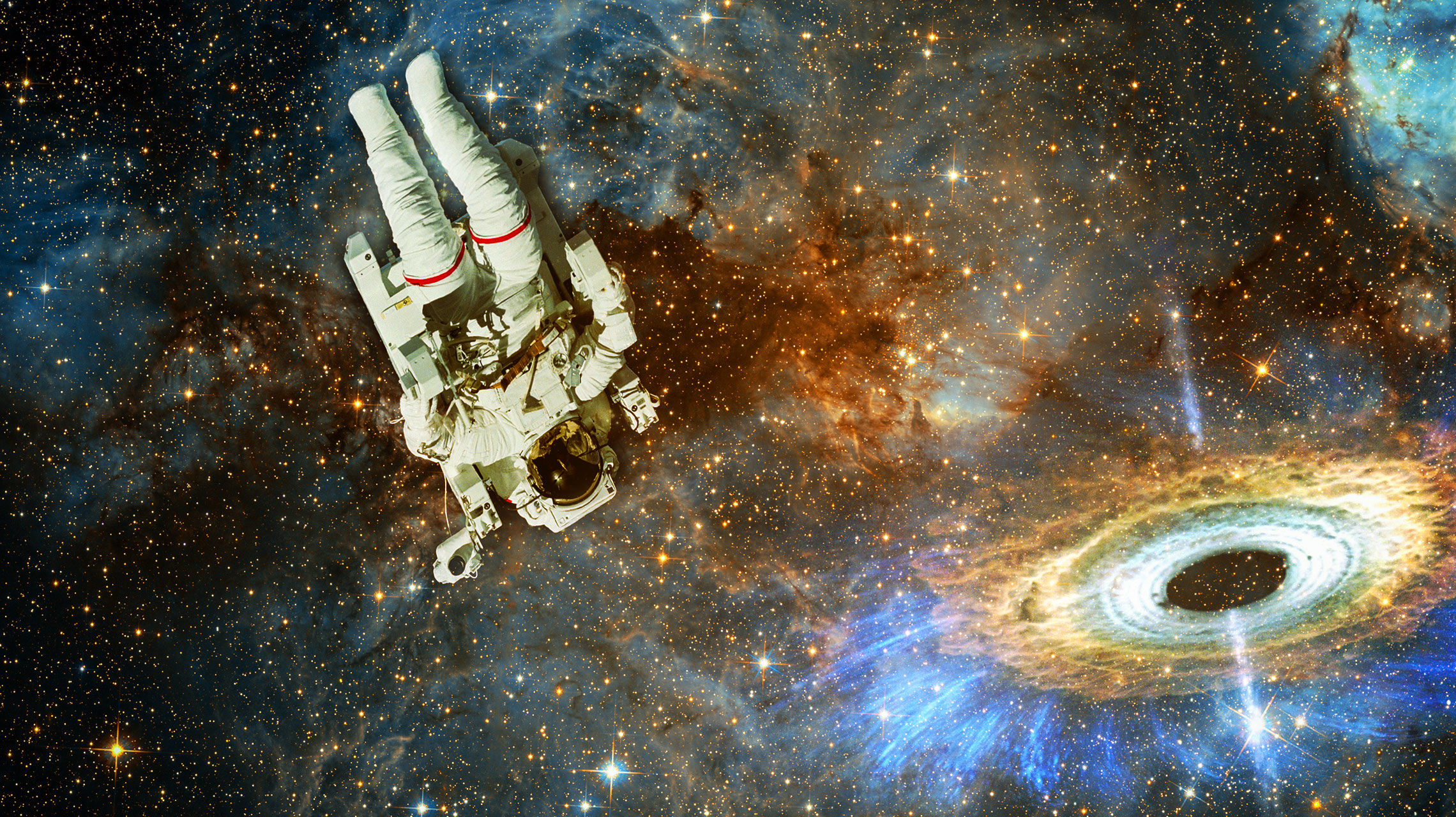Create a free profile to get unlimited access to exclusive videos, sweepstakes, and more!
Piano sonata in the key of Kepler-11

Via reddit (if you're a redditor, go there and upboat!) I found a very interesting use of astronomical data in music. The composer [Update: Astronomer Alex Parker created this!] took the orbital information from the six-planet system called Kepler 11 and codified it into musical notes! From the YouTube notes:
Here, I've taken each transit seen by the observatory and assigned a pitch and volume to it. The pitch (note) is determined by the planet's distance from its star (closer=higher), and they are drawn from a minor 11 chord. The volume is determined by the size of the planet (larger=louder).
The result is actually quite listenable!
That's lovely, and oddly compelling. It's like the notes are trying to reach some sort of coherence, straining to achieve a melody, but don't quite make it. I find this interesting: after listening, and without having to check, I knew the planets weren't in orbital resonance.
A resonance is when one planet's orbit is a simple fraction of another's; for example, one planet might circle the star every 2 days, and the next one out in 4 days. Resonances take many ratios, like 3:2, or 5:3. The planets in Kepler-11 don't do this (though two of them are near a 5:4 resonance). If they did, then eventually the sonata's melody, such as it is, would repeat. But I didn't get a sense of that listening to it.
Isn't that amazing? You can take data using light, convert it to sound, and actually be able to get insight into it. In this case, of course, you could just make a spreadsheet with the planetary periods in it and start dividing away, but that's no fun!
Perhaps this is just an oddity with no real impact. But I wonder. We convert data into charts and graphs so that we can look for trends, correlations, compare one datum to another visually. In a sense -- haha, "sense"! -- this is just another case of that, appealing to hearing instead of sight. I'm not a musician per se* so I don't know if this method has real use or not.
But it's still cool. And rather pleasant, don't you think?
* 20+ years of playing bass trombone may be used to argue my musicianship either way, I suspect.
Related Posts:
- Singing the praises of Carl Sagan
- Wheel of stars
- Laying down the pulsar beat
- Music of the spheres


























